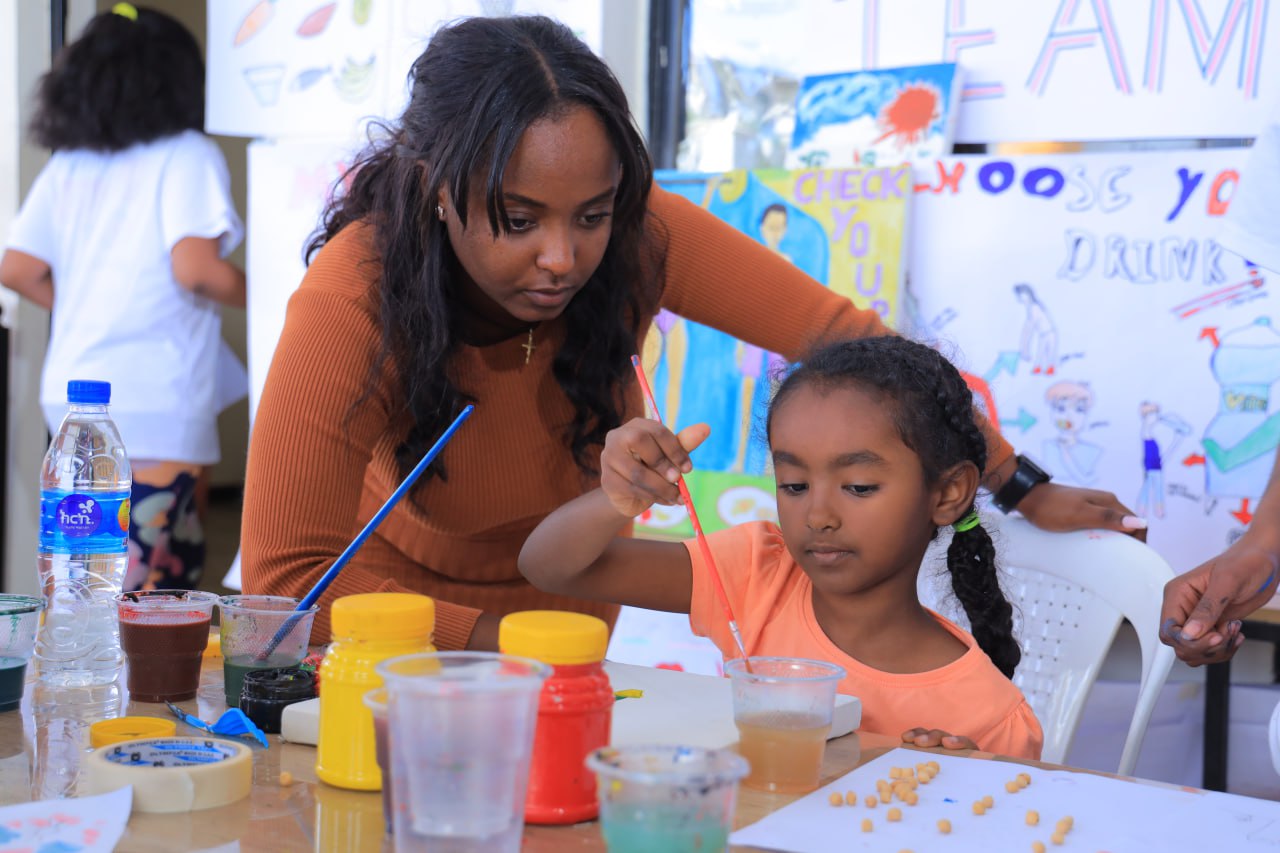1. Model Positive Social Behavior – Children learn by example, so be mindful of your own social interactions. Demonstrate kindness, empathy, and effective communication in your relationships with family members, friends, and others.
2. Provide Social Opportunities – Arrange playdates, group activities, or outings where children can interact with their peers. Socializing with other children helps them develop essential social skills, such as sharing, cooperation, and conflict resolution.
3. Create a Social Hub – Designate an area in your home for communal activities. This could be a playroom, a family room, or even the kitchen where everyone gathers. A shared space encourages interaction and provides opportunities for communication and collaboration.
4. Cultivate Emotional Intelligence – Talk openly with your children about emotions, both theirs and others’. Encourage them to express their feelings and validate their emotions. This helps them develop empathy and an understanding of how emotions impact social interactions.
5. Establish Clear Expectations – Set clear and age-appropriate expectations for behavior. Discuss the importance of sharing, taking turns, and being respectful. Consistency in expectations helps children understand social norms and promotes a positive social atmosphere.
6. Encourage Communication – Create an environment where communication is valued. Listen actively when your child speaks and encourage them to express themselves. This not only builds their communication skills but also reinforces the importance of open dialogue in relationships.
7. Provide Tools for Conflict Resolution – Teach children how to resolve conflicts peacefully. Offer guidance on expressing their needs, listening to others, and finding compromises. This equips them with valuable skills for navigating social challenges.
8. Celebrate Diversity – Introduce your children to diverse cultures, backgrounds, and perspectives. Foster an appreciation for differences and teach them the importance of inclusivity and respect for others, regardless of their backgrounds.
9. Promote Independence – Encourage age-appropriate independence. Allowing children to make choices and solve problems on their own builds confidence and social competence. Provide opportunities for them to take responsibility for their actions.
10. Limit Screen Time – Excessive screen time can hinder social development. Set reasonable limits on screen use and encourage face-to-face interactions. Interactive play and real-world activities are crucial for social intelligence.
11. Create a Safe and Supportive Atmosphere – Ensure that your home is a safe and supportive space where children feel comfortable expressing themselves. A nurturing environment provides a foundation for healthy social development.
12. Involve Children in Decision-Making – Include children in family decisions when appropriate. This gives them a sense of belonging and responsibility, fostering their understanding of democratic processes and teamwork.



One comment
Lavina.C
August 10, 2024 at 12:14 pm
I like this site very much, Its a very nice position to read and find information.Money from blog